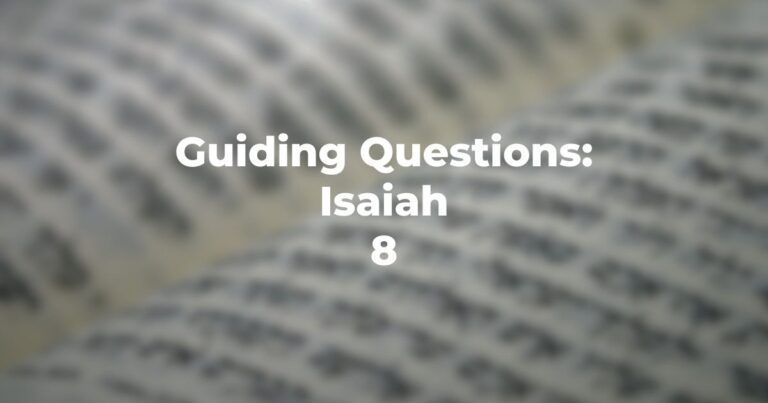- Why does Moses press for more reassurance? (Exodus 4:1-9)
- What is the nature of thereassurance – ideological argument or modes “practical and meaningful to Amkha” (the average person)?
- Will the masses be convinced by “theory” or “visible arguments?”
- Having had all his requests “fulfilled” what flaw (if such it be) does Moses evidence (Exodus 4:10-13) when one would expect quite other at the “end” of the dialogue with Divinity?
- Does God “understand” the cry of loneliness of the (potential) recently selected leader? (Exodus 4:14-17)
- A surrogate is not provided but an “extension” is — and with what role?
- How is Aaron described — with what (single) talent?
- Should one put aside consideration of family and general thoughtfulness, subsumed by a mission non-pareil; what does text imply or explicate in Exodus 4:18?
- What happened on the way to “the inn”, and is a reason given?
- Can God try to do something and not succeed?
- Again, who is the savior of Moses — a man or a woman?
- What is a “bridegroom of blood?”
- All else aside, what does this vignette communicate re: the importance of circumcision as a sign of the Brit (covenant)?
- Does this incident have any impact on Moses’ mission; is it referred to ever again? Do the people believe Moses — and, if yes, why so readily? (Exodus 4:29-31)
Author
-

Exploring Judaism is the digital home for Conservative/Masorti Judaism, embracing the beauty and complexity of Judaism, and our personal search for meaning, learning, and connecting. Our goal is to create content based on three core framing: Meaning-Making (Why?), Practical Living (How?), and Explainers (What?).
View all posts




